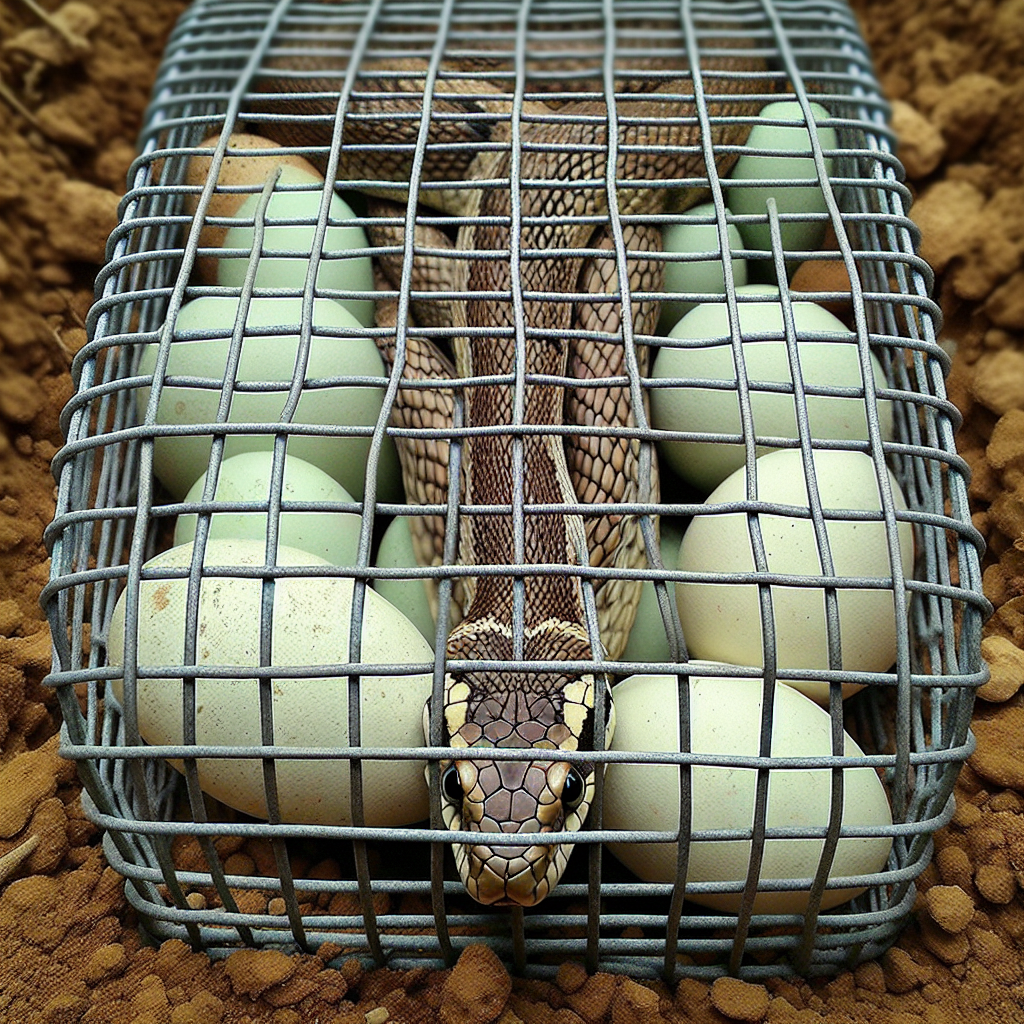You love the sight of your chickens happily roaming around in their coop, but lately, you’ve noticed the presence of birds of prey circling overhead, posing a potential threat to your beloved feathered friends. In this article, we will explore effective methods that you can employ to deter these birds of prey from targeting your chickens, ensuring their safety and your peace of mind.
H2 Heading 1
H3 Subheading 1
Birds of prey, such as hawks and owls, can pose a significant threat to backyard chicken owners. These predators view chickens as easy prey, and their attacks can result in the loss of valuable livestock. However, there are several effective methods that you can employ to discourage birds of prey from targeting your chickens.
H3 Subheading 2
One of the most common and effective methods to deter birds of prey is to provide physical barriers around your chicken coop and run. This can include the use of sturdy fences or netting that is specifically designed to prevent birds from entering the area. By creating a barrier, you are effectively denying access to birds of prey and reducing the risk of attacks on your chickens.
H3 Subheading 3
Another method to deter birds of prey from targeting your chickens is to employ scare tactics. Birds of prey are naturally wary creatures, and the presence of certain stimuli can deter them from approaching your chicken coop. Utilizing scarecrows, reflective objects, and even predator decoys can create an environment that is less inviting to birds of prey. These decoys mimic the presence of larger predators and can instill fear in the minds of the birds of prey, causing them to steer clear of your chickens.
H3 Subheading 4
In addition to physical barriers and scare tactics, it is important to pay attention to your chicken’s environment. By creating a well-structured and secure coop, you can reduce the chances of bird of prey attacks. Ensure that your chicken coop has a solid roof that prevents birds of prey from swooping down from above. Additionally, regularly inspecting and repairing any weaknesses or vulnerabilities in the coop will further deter predators from gaining access to your chickens.
H3 Subheading 5
Lastly, consider the importance of providing alternative food sources for birds of prey. By offering them a readily available and easily accessible food supply away from your chickens, you can redirect their attention and reduce the likelihood of an attack. This can include the installation of bird feeders or providing suitable perching areas for birds of prey in nearby trees. By creating an attractive environment elsewhere, you can minimize the risk to your chickens and promote a harmonious coexistence.
H2 Heading 2
H3 Subheading 1
Employing noise deterrents can also be an effective method to deter birds of prey from targeting your chickens. Loud noises, such as those produced by air horns, whistles, or even banging pots and pans together, can startle and deter birds of prey. The sudden disruption disrupts their hunting patterns and makes them less likely to target your chickens. Using these noise deterrents strategically during the times when birds of prey are known to be most active can further enhance their effectiveness.
H3 Subheading 2
Another method to deter birds of prey is to utilize visual deterrents. These can include hanging shiny objects, such as aluminum foil strips or CDs, in the vicinity of your chicken coop. The reflective surfaces catch the light and create distracting movement, making it difficult for birds of prey to focus on the chickens. Additionally, using bright-colored flags or streamers can create an environment that is visually unappealing to the predators, causing them to seek an alternative hunting ground.
H3 Subheading 3
Considering the natural habitats of birds of prey is also crucial in deterring them from targeting chickens. If possible, avoid situating your chicken coop near areas that are known to be frequented by birds of prey. This can include open fields, large bodies of water, or areas with overgrown vegetation that could serve as a nesting or perching site for these predators. By selecting a location that is less attractive to birds of prey, you can reduce the chances of an attack on your chickens.
H3 Subheading 4
Implementing motion-sensor devices can be an effective way to deter birds of prey. Motion-activated sprinklers or sound machines can startle the predators when they approach your chicken coop. The unexpected burst of water or noise can discourage them from attempting to attack your chickens. These devices work by creating an unpredictable and unpleasant experience for the birds of prey, making them less likely to return to your coop in the future.
H3 Subheading 5
Finally, it is essential to be vigilant and observant of your chickens’ behavior. By monitoring their behavior, you can quickly identify signs of distress or unusual activity that may indicate the presence of a bird of prey. Acting swiftly in response to these signs can help prevent an attack and protect your flock. Signs to look out for include excessive agitation, loud distress calls, or unusual hiding behaviors. By keeping a close eye on your chickens, you can take immediate action to deter birds of prey and ensure the safety of your flock.
H2 Heading 3
H3 Subheading 1
While it may be challenging to completely eliminate the risk of birds of prey targeting your chickens, employing a combination of these methods can greatly reduce the likelihood of an attack. It is important to remember that persistence and regular maintenance are crucial in deterring these predators. Continuously evaluating and updating your deterrent strategies will help ensure the long-term safety and well-being of your chickens.
H3 Subheading 2
Additionally, it is essential to stay informed about local regulations and restrictions regarding the protection of wildlife. Some birds of prey are protected species and may require specific permits or licenses for deterrent methods that involve capture or harm. Understanding and adhering to these regulations will help you deter birds of prey while also promoting responsible and ethical practices.
H3 Subheading 3
Remember, birds of prey play an important role in the ecosystem and should be respected. They are vital for maintaining a balanced and healthy environment by controlling rodent populations and keeping other bird species in check. By implementing effective deterrent methods, you can strike a balance between protecting your chickens and respecting the natural behavior of these magnificent predators.
H3 Subheading 4
In conclusion, deterring birds of prey from targeting your chickens requires a multi-faceted approach that combines both physical and psychological deterrents. By utilizing physical barriers, scare tactics, considerate coop design, providing alternative food sources, employing noise and visual deterrents, being mindful of their natural habits, and using motion-sensor devices, you can significantly reduce the risk of bird of prey attacks. Stay vigilant, regularly evaluate your deterrent methods, and always adhere to local regulations to ensure the safety and well-being of your backyard chickens. With these strategies in place, you can create a harmonious environment where your chickens can thrive and coexist peacefully with the magnificent birds of prey that share our world.




